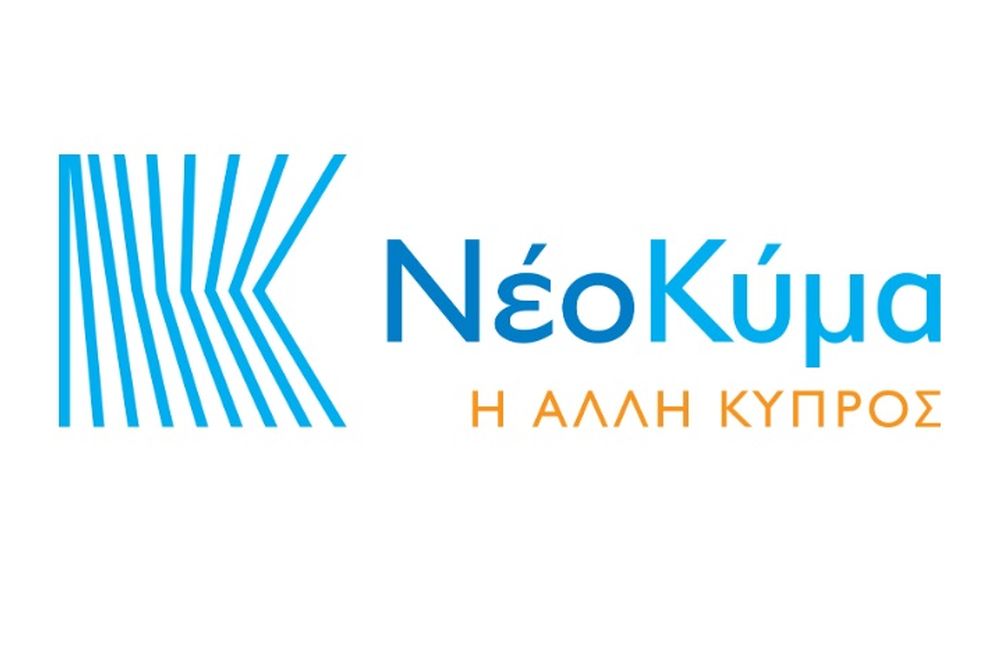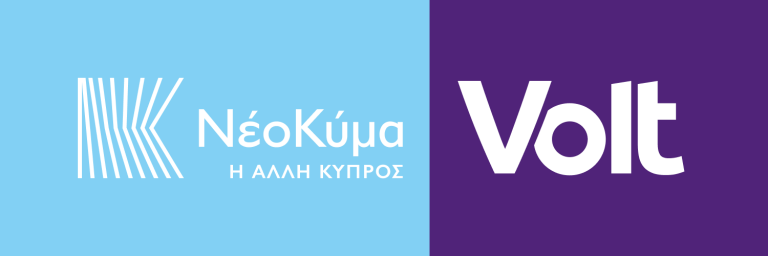By Michael Harari*
The negotiations, which are expected to begin on October 14th, between Israel and Lebanon concerning the maritime border between the two, will take place in unique circumstances, regarding the unprecedented political and economic crisis in Lebanon. Contacts between the two countries have already taken place in recent years through American mediation, and about a year ago there was even optimism, which was eventually falsified, that such contacts would lead to agreement on the maritime border. Now, in the face of the acute crisis in Lebanon, which has not yet succeeded in forming a new government following the Beirut explosion, all relevant forces, including Hezbollah, have realized that there is no escape from resuming negotiations and making an intensive effort to reach agreement. By doing so, it will be possible to send a vital and positive message in the face of the collapsing economy, although it is clear that it will be quite a few more years before the long-awaited dividends from the gas reserves appear on the horizon. The Coronavirus crisis and its negative effects on the global energy market make it difficult to make immediate investments in gas exploration in the region.
The main obstacle to an Israeli-Lebanese agreement was almost always rooted in the complex political arena in Lebanon, with its many internal and external players, which prevented the required decisions from being made. However, the Lebanese have realized that in order to fulfill the potential of the energy in their economic waters, it is important that they neutralize the dispute with Israel. In this way, the international energy companies which operate in the country, and concretely in Block 9 which borders the disputed area, will be able to advance in the work of gas exploration. Now, in the face of the severe crisis in Lebanon, and while the new government is not yet formed, the conditions for reaching the required decision are ripe. It is also likely that the signing of the constitution of the Eastern Mediterranean Gas Forum in September once again illustrated to Lebanon – which is not a member of the forum – how far behind it is compared to the other countries in the region, and increased its willingness to move forward. The Lebanese factor leading the negotiations in this regard is the Speaker of Parliament, Nabih Berri, who was accepted by all players, with an emphasis on Hezbollah.
It is important to mention that an American informal proposal to resolve the maritime border issue has been presented to both sides in the past, and Israel has agreed to accept it. The Lebanese at the time did not respond to the offer. According to various reports, the proposal leaned toward the Lebanese, stating that over 50 percent of the disputed territory would be recognized as belonging to them. The importance of an agreement for Israel, even if a greater compromise is required in the current negotiations, is clear. This would neutralize an explosive mine in the relations with its northern neighbor, and would send a positive message to Israel’s other partners in the eastern Mediterranean, although Lebanon’s immediate accession to the regional gas forum should not be expected, even if an agreement is reached.
Even now, in light of the reports of the negotiations, it is still too early to congratulate the finished product. The nature of a negotiation is to become complicated, even if the current conditions look promising. Moreover, Lebanon is a country where there are many relevant decision-makers, and the involvement of external players is substantial and negative. However, the American mediation is proactive, and also includes Secretary of State Pompeo which is quite encouraging. The launch of Israeli-Lebanese negotiations will be credited to the Trump administration at a convenient time, on the eve of the presidential election; all the more so if significant progress is made in the coming month. Lebanon has over the years demanded UN involvement in mediation, while Israel wanted only American mediation. It seems that the decision on the existence of negotiations at the UN base in Nakura satisfies both sides.
At this point in time, it is essential to clarify that these are merely negotiations to resolve the maritime border issue between the two countries. There is no intention to discuss the points of contention concerning the land border or other issues. In addition, these are not contacts related to agreements recently signed with the United Arab Emirates and Bahrain, and certainly not a peace agreement between Israel and Lebanon. Israel must not make many statements in this spirit, since it will only complicate the situation in Lebanon, and increase the pressures, internal and external, to avoid agreements with the “Zionist entity.”
These developments are not directly related to the rising tensions in the eastern Mediterranean in recent times. As mentioned, the Lebanese (and Israeli) interest in resolving the maritime border issue has always been on the table, waiting for more favorable circumstances, as there are now. Nevertheless, progress on the Israeli-Lebanese level, if achieved, will have a positive effect on the atmosphere in the region and may assist in the efforts now being made to calm the winds between Turkey and Greece. It is presumed that Turkey is following these “reconciliation spirits” very closely, also in light of its growing involvement in Lebanon in recent years, and is examining the possible implications on its interests. If so, there is no need to bloom peace pigeons yet, but it is important to complete the negotiations successfully. It is appropriate for Israel to focus on professional discourse, which will focus on the energetic level, and to avoid giving it too broad a political garnet, even if it may wink at these or other political circles.
*Michael Harari is a Policy Fellow at the Mitvim Institute and
A former Israeli Ambassador to Cyprus.


